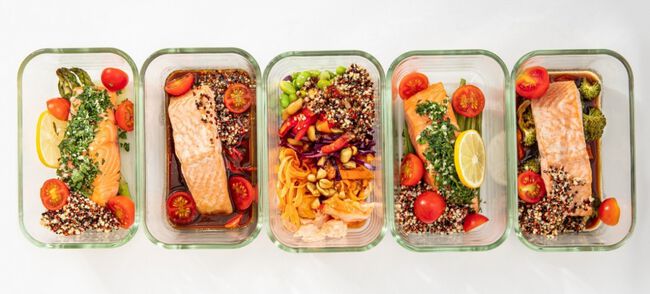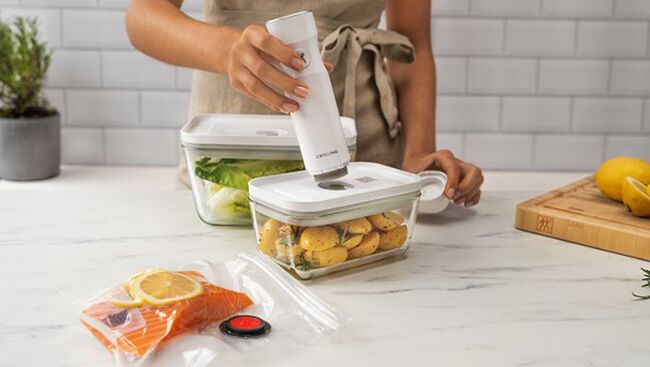
WHAT FOOD WASTE CAN AND CANNOT BE COMPOSTED AT HOME

Great way to help cut down food waste at home is to start composting your old food scraps and peelings. The benefit of this type of recycling is that adding home-made compost to your garden enriches the soil, helps to retain moisture and suppress plant pests and diseases. It also reduces the need for harmful chemical fertilisers and encourages the breakdown of bacteria and organic matter to produce humus, a rich, nutrient-filled material. Invest in a compost bin or a container with a tight-fitting lid and then add things like leftover food scraps, vegetable peelings, teabags and so on.
Alternatively, start the compost in the garden on a patch of bare earth. Lay some twigs or straw down, a few inches deep, then add compost materials in layers, alternating moist and dry, finishing with manure or green manure (wheatgrass, grass clippings and so forth). Composting is not only great for the garden but it really reduces our food waste considerably. To help get you started, here’s a guide to what food waste can and can’t be composted.

As a basic guide any fruit, vegetables, grains, bread, coffee filters, teabags and eggshells can be composted. If it can be eaten or grown in a field or garden, it’s safe to compost. Here is a more comprehensive list:
- Fruit and vegetables
- Coffee grounds and filters
- Tea and teabags
- Crushed eggshells
- Nut shells
- Cardboard rolls, cereal boxes, clean paper, paper towels, paper bags, shredded newspaper
- Fireplace ashes
- Grass clippings
- Houseplants and leaves

You shouldn’t compost meat, fish or dairy products, as this could lead to odours and pests. Also, avoid fats and oils for the same reason. Experts advise on a balance between green waste (watery materials such as vegetables and fruit) and brown waste such as dried leaves and sticks). So avoid these for your compost:
- Meat and bones
- Fish
- Dairy
- Poultry scraps
- Fats and oils
- Ash or charcoal
- Garden trimmings with pesticides
- Pet waste

- It’s so simple and easy to do
- It reduces food waste going to landfill
- It encourages you to use up more when cooking and preparing meals
- The only cost is to get you started
- You can buy some really stylish-looking compost bins and containers
- The garden will benefit
- You’ll be helping the planet

If you are keen to keep your food waste to a minimum, our FRESH & SAVE vacuum food storage solutions have been specifically designed to keep produce fresh for up to five times’ longer. The vacuum containers and reusable vacuum bags also feature a QR code that can be scanned with our Culinary World app to help you keep track of your produce and remind you when the new extended ‘best before’ date is approaching.
Your account will be deleted!
Notify me when available
This field is required


















